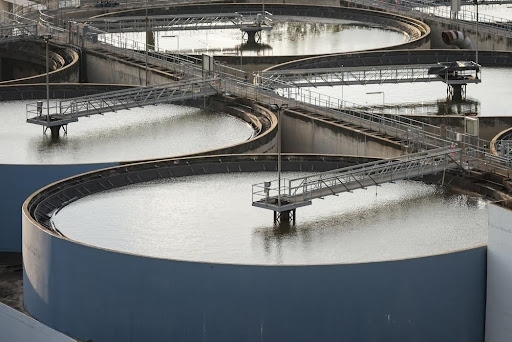Differentiating wastewater types for better treatment
Knowing the differences between domestic and industrial wastewater is essential for defining the best treatment strategy. Each type has specific pollutants and characteristics that demand tailored solutions.
The environmental challenge ahead calls for smart wastewater management capable of turning waste into a resource. Thanks to Idro Group’s experience, today it’s possible to meet this challenge with expertise, innovation, and a forward-looking approach.
Idro Group’s solutions for addressing the water crisis
Idro Group specializes in designing and building both domestic and industrial wastewater treatment plants.
These systems collect large quantities of water and, through specific treatments, can return clean water with organoleptic, chemical, physical, and biological qualities that meet legal standards and can be reused for many purposes.
Wastewater treatment plants can be custom-designed based on the specific sector’s needs and the type of contamination to address. Especially for industrial wastewater, which—as we’ve seen—has highly variable composition, it’s crucial to customize treatment plants by choosing technologies and processes suited to different treatment requirements.
Idro Group also designs containerized treatment plants: mobile, versatile solutions for treating wastewater from both traditional and unconventional sources, where the raw water composition isn’t always known. These plants offer an effective, flexible and rapid response in emergency, temporary, or remote contexts.
If you’re looking for more specific information about wastewater treatment plants or would like to schedule a consultation, fill out the form in the contact section. We’ll get back to you as soon as possible!






